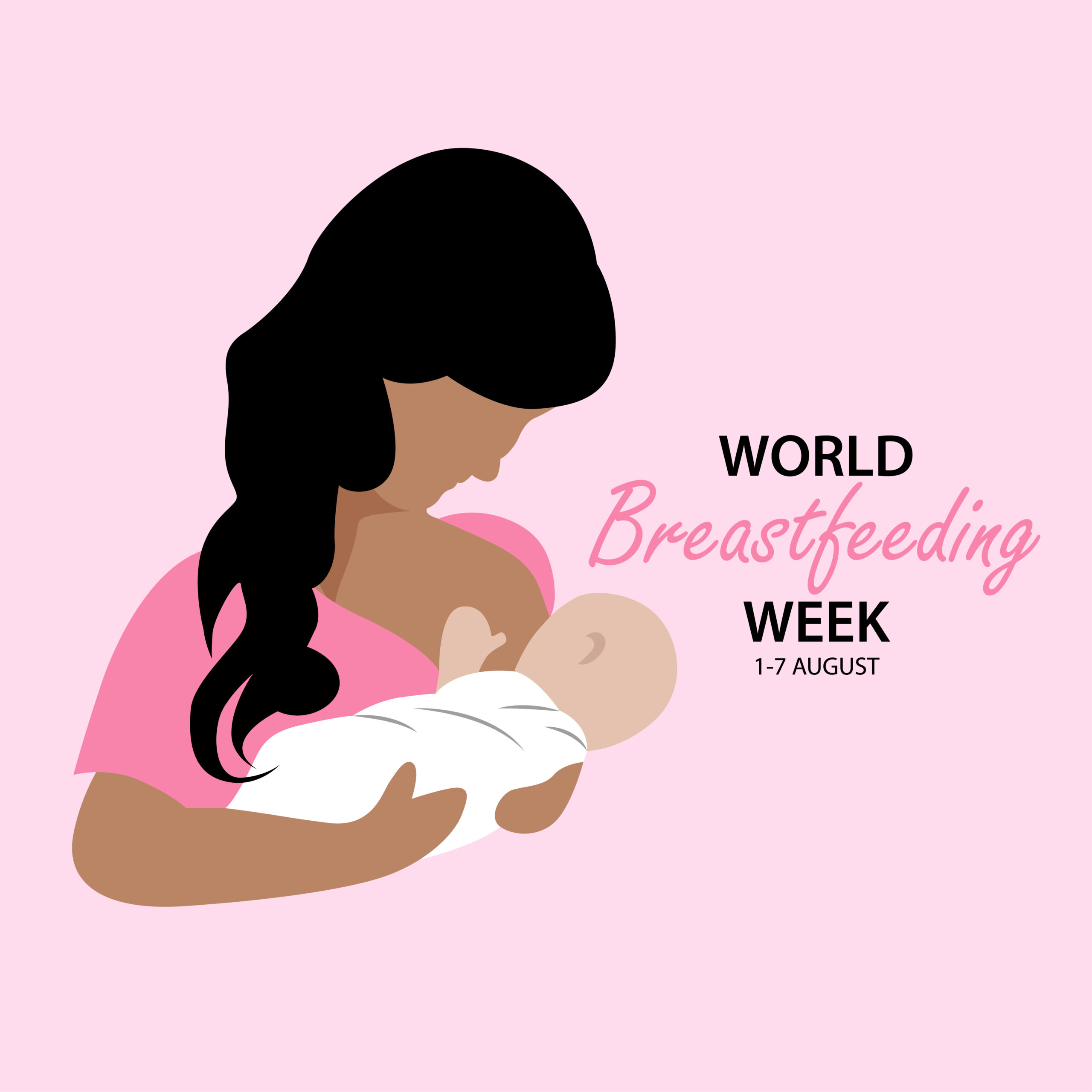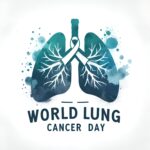
The Rise of Exclusive Breastfeeding in India: A Journey Towards Healthier Beginnings
As we celebrate World Breastfeeding Week, it’s time to shine a spotlight on the remarkable progress India has made in promoting exclusive breastfeeding. Recent data from the National Family Health Surveys (NFHS) reveals an inspiring trend that’s transforming the landscape of infant nutrition across the country.
The Power of Mother’s Milk
Before we dive into the numbers, let’s remind ourselves why exclusive breastfeeding matters. The World Health Organization (WHO) recommends that infants receive only breast milk for the first six months of life. This golden nectar isn’t just food; it’s a powerhouse of nutrients, antibodies, and love that sets the foundation for a child’s lifelong health.
Exclusive breastfeeding has been shown to:
- Reduce infant mortality and morbidity, especially from infectious diseases
- Protect mothers against breast and ovarian cancers
- Lower the risk of diabetes in mothers
- Provide economic benefits by eliminating the need for costly formula
A Tide of Positive Change
Now, let’s look at the exciting progress India has made:
- In 2015-16, about 31.3% of Indian infants were exclusively breastfed for six months.
- By 2019-21, this number jumped to an impressive 43%!
This increase of nearly 12 percentage points in just a few years is no small feat. It represents millions more babies getting the best possible start in life.
What’s Driving the Change?
Our analysis reveals some fascinating insights into what’s fueling this positive trend:
- Tribal Wisdom: Mothers from scheduled tribe communities are leading the way in exclusive breastfeeding. There’s much we can learn from their practices and cultural attitudes towards breastfeeding.
- Public Health Success: Women who deliver in public health facilities are more likely to exclusively breastfeed. This highlights the crucial role of our public healthcare system in education and support.
- Prenatal Care Pays Off: Mothers who had four or more antenatal visits during pregnancy were more likely to exclusively breastfeed. This underscores the importance of comprehensive maternal care.
Challenges on the Horizon
While the overall trend is positive, our data also reveals areas where more support is needed:
- Young Mothers: Women under 24 are less likely to exclusively breastfeed, possibly due to lack of awareness or support.
- Low Birth Weight Babies: These vulnerable infants are less likely to be exclusively breastfed, highlighting the need for specialised support in neonatal care units.
- Later-Born Children: Exclusive breastfeeding rates tend to drop with each subsequent child, perhaps due to increased demands on mothers’ time and resources.
- Delayed Initiation: When breastfeeding starts more than an hour after birth, it reduces the likelihood of exclusive breastfeeding continuing for six months.
The Road Ahead
To build on this progress and address remaining challenges, we recommend:
- Targeted Support: Develop programs specifically for young mothers and those with low birth weight babies.
- Early Initiation: Promote immediate skin-to-skin contact and breastfeeding within the first hour of birth.
- Leveraging Existing Programs: Integrate breastfeeding promotion into maternal and child health initiatives like Janani Shishu Suraksha Karyakram (JSSK) and home-based newborn care (HBNC).
- Workplace Support: Continue to advocate for extended maternity leave and breastfeeding-friendly workplaces.
- Community Engagement: Learn from high-performing communities, like scheduled tribes, to understand cultural practices that support breastfeeding.
A Call to Action
As we celebrate the progress made, let’s remember that every percentage point increase represents thousands of babies getting a healthier start in life. Whether you’re a healthcare provider, policymaker, employer, or community member, you have a role to play in supporting breastfeeding mothers.
This World Breastfeeding Week, let’s renew our commitment to creating a society where every mother who chooses to breastfeed has the support and resources she needs to do so successfully. Together, we can nurture a healthier, stronger future for India’s children.
Remember, breast milk isn’t just food – it’s a baby’s first vaccine, a mother’s first gift, and nature’s perfect formula for a healthy start in life. Let’s continue to make exclusive breastfeeding the norm, not the exception, in India.




